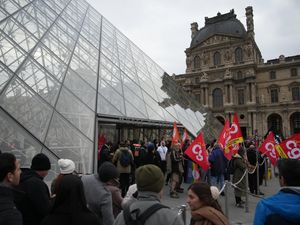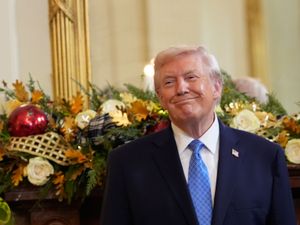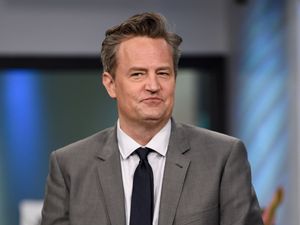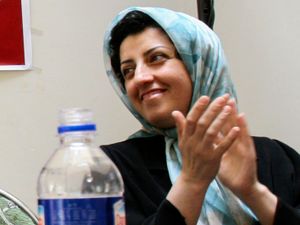Starbucks lays off 1,100 corporate employees as coffee chain streamlines
Baristas in the company’s stores are not included in the layoffs.
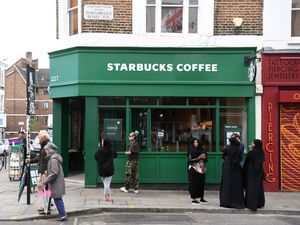
Starbucks plans to lay off 1,100 corporate employees globally as new chairman and CEO Brian Niccol streamlines operations.
In a letter to employees released on Monday, Mr Niccol said the company will inform employees who are being laid off by midday Tuesday.
Mr Niccol said Starbucks is also eliminating several hundred open and unfilled positions.
“Our intent is to operate more efficiently, increase accountability, reduce complexity and drive better integration,” Mr Niccol wrote in the letter.
Starbucks has 16,000 corporate support employees worldwide, but that includes some employees who are not impacted, like roasting and warehouse staff.
Baristas in the company’s stores are not included in the layoffs.
Mr Niccol said in January that corporate lay-offs would be announced by early March.
He said all work must be overseen by someone who can make decisions while the the Seattle coffee giant reduces the complexity of its structure and eliminates silos within the company that slow communication.
“Our size and structure can slow us down, with too many layers, managers of small teams and roles focused primarily on co-ordinating work,” Mr Niccol wrote.
Starbucks hired Mr Niccol last autumn to turn around sluggish sales. He has said he wants to improve service times — especially during the morning rush — and re-establish stores as community gathering places.
Mr Niccol is also cutting items from Starbucks’ menu and experimenting with its ordering algorithms to better handle its mix of mobile, drive-thru and in-store orders.
Starbucks’ global same-store sales, or sales at locations open at least a year, fell 2% in its 2024 fiscal year, which ended September 29.
In the US, customers tired of price increases and growing wait times. In China, its second-largest market, Starbucks faced growing competition from cheaper rivals.


